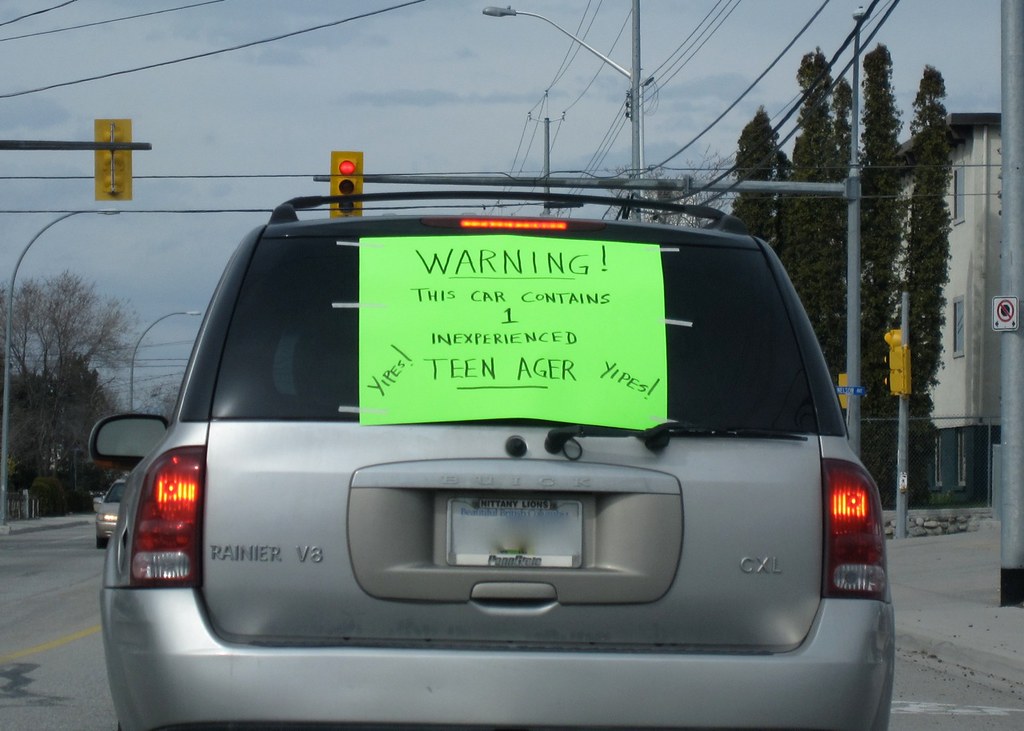
By CASEY STANFORD
Staff Writer
President Donald Trump used the presidential power of clemency for the first time near the end of August to pardon former Arizona sheriff Joe Arpaio, who had been convicted of criminal contempt of court after he publicly disregarded a court order in a case about alleged racial profiling tactics. Many parties, including former acting Attorney-General Sally Yates, Republican Senators John McCain and Jeff Flake, Democratic National Committee (DNC) Chair Tom Perez, and the American Civil Liberties Union (ACLU) have openly criticized Trump’s decision. Though Trump’s use of clemency was legal, it sets a dangerous precedent that allows any president to give federal servants at lower levels of government the power to evade or override checks and balances at those levels.
The main problem with the Arpaio pardon is the crime that he was convicted for: criminal contempt of court, meaning he disobeyed an official order from a federal judge about how to conduct his operations based on his racial profiling trial. Criminal contempt of court charges are levied when a particularly egregious offense of disrespect for the authority of a court becomes its own separate trial. This is the main check of power the judicial branch can use below the federal level, as it makes disobeying a court order an imprisonable offense. Trump’s pardon removes that check for anyone whom the president wants to pardon, opening up a slippery slope for the abuse of power.
While this was the most unusual and controversial problem with Arpaio’s pardon, there was also a separate set of a few interwoven problems with one combined implication. Trump did not consult his own Justice Department in order to make the pardon, and it was made before Arpaio had been sentenced. Combined with Arpaio’s complete lack of remorse or regret for his crime, all this indicates that, accidental or not, Trump is, intentionally or not, sending the message “the courts don’t matter, I’m on your side.” Imagine if Trump had pardoned Edgar Welsh, the man who committed the right-wing-conspiracy fueled shooting in 2016, because he was “doing his public duty” in investigating what he thought was a Democratic pedophilia ring. Imagine a future Democratic president pardoning violent, unapologetic members of the radical Antifa movement. While these are obviously extreme examples, they are both completely legal. This is the problem with the concept of unlimited presidential pardons which can circumvent all other pieces of constitutional structure. Regardless of whose hands it is in, the power of the pardon is frightening.
The central problem with the power of executive pardon is that any current president can pardon practically anyone of any federal crime, with only a somewhat established limitation against self-pardons, which are another discussion entirely. While this power will always have some grey areas and possible overreaches, we as a country should at least place some limits on it, particularly limits which prevent a complete circumvention of constitutional structure.
Though some have claimed that Arpaio’s pardon is acceptable on the grounds that many past presidents have made morally dubious pardons of their own – both from political offenses, such as President Ford pardoning Richard Nixon after Watergate, and from personal troubles, such as Bill Clinton’s pardon of his half brother’s drug charge – they fail to understand the unique constitutional problems with Arpaio’s pardon. Any political message to Trump’s base or condonation of racism in the pardon are not unimportant, but the new, frightening aspect of this pardon is the wrench it throws into the state-level workings of the Constitution.
Some people have suggested a Constitutional amendment which would prevent a president from pardoning people in criminal contempt of court cases, but it is unlikely that this amendment would pass- its purpose is too specific and the passage of an Amendment requires a ⅔ majority in both the House and the Senate. This would, in almost any Congress, require bipartisan support – and for lawmakers, weakening their own party’s president is rarely a popular position. The best reasonable solution would be for the Supreme Court to rule against the usage of clemency against court orders, either as an independent ruling or through a response to a legal challenge of the pardon. Presently, there is a legal challenge to the pardon from activist group Protect Democracy. This challenge is based primarily on the idea that the Constitution can be overridden by later amendments; it argues that Trump’s excusal of Arpaio from a court’s regulation violates the due process clause. Protect Democracy’s argument in its letter to the Justice Department is based on the idea that “due process requires that, when a government official is found by a court to be violating individuals’ constitutional rights, the court can issue effective relief (such as an injunction) ordering the official to cease this unconstitutional conduct.” Protect Democracy claims that for this clause to have any power, there must be a punishment for violation of these orders, and the pardon is therefore overridden by the 5th Amendment because it removes this punishment.
Protect Democracy’s legal challenge may not resolve the general problem of unconditional pardons, but a Supreme Court ruling based on its ideas is most likely to succeed in creating a conclusive, stable resolution to this problem of the Constitution defeating its own principles.
The problem with presidential pardons
September 25, 2017
0
Donate to Sword & Shield
$180
$1000
Contributed
Our Goal
Your donation will support the student journalists of University High School. Your contribution will allow us to purchase equipment and cover our annual website hosting costs.
More to Discover













